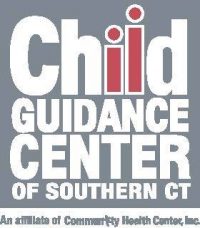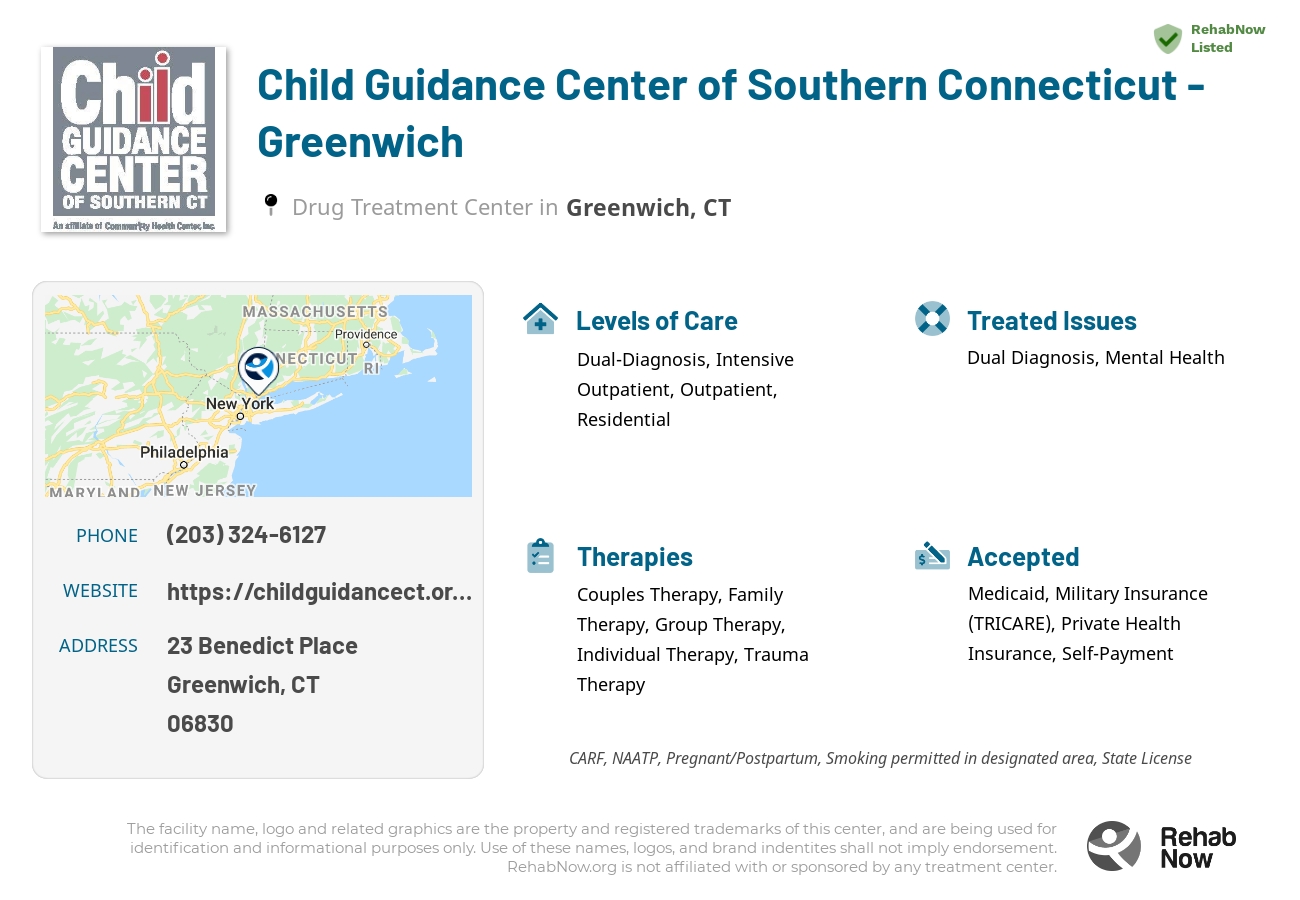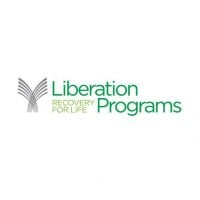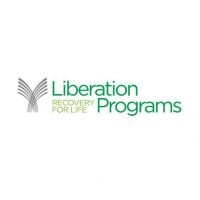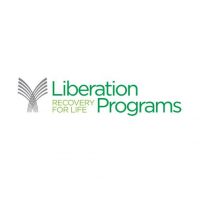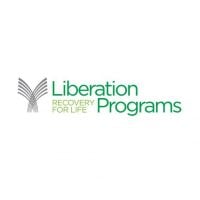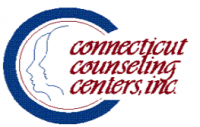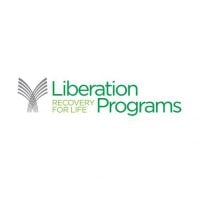Child Guidance Center of Southern Connecticut - Greenwich
Drug Rehab Center in Greenwich, Connecticut
The Child Guidance Center of Southern Connecticut - Greenwich is a premier rehabilitation center providing comprehensive and individualized addiction and mental health treatment, utilizing various care levels and support services to ensure long-term success for their patients.
About Child Guidance Center of Southern Connecticut - Greenwich in Connecticut
Child Guidance Center of Southern Connecticut - Greenwich is an addiction treatment facility located in Greenwich, Connecticut. They specialize in providing comprehensive care for individuals struggling with dual diagnosis and mental health issues. The center offers various levels of care, including dual-diagnosis, intensive outpatient, outpatient, and residential programs. This facility is well-equipped to cater to the unique needs of each individual, ensuring that they receive the necessary support and treatment to overcome addiction and achieve sobriety. Child Guidance Center of Southern Connecticut - Greenwich accepts private health insurance, making their services more accessible to those seeking treatment.
At Child Guidance Center of Southern Connecticut - Greenwich, individuals battling addiction can find a range of specialized services to aid their recovery journey. The center recognizes the importance of addressing dual diagnosis, which involves treating both addiction and co-occurring mental health conditions simultaneously. With a focus on comprehensive care, their treatment approach combines evidence-based practices, therapy, and counseling. They provide a safe and supportive environment where individuals can undergo intensive outpatient, outpatient, or residential treatment, depending on their needs and circumstances. By offering a variety of treatment options, the center aims to meet individuals where they are in their recovery journey and provide personalized care to promote lasting sobriety.
Genders
Ages
Modality
Additional
Conditions and Issues Treated
Recovery is not simply about stopping drug use. Recovery is working with addiction while recovering mental health issues that are fueling the addiction in the first place.
Levels of Care Offered
This center offers a variety of custom treatment tailored to individual recovery. Currently available are Dual-Diagnosis, Intensive Outpatient, Outpatient, Residential, with additional therapies available as listed below.
Addicts who need help with their addiction can enroll in an intensive outpatient program (IOP). But the patient won’t live there during treatment.
IOP involves patients visiting a medical office building regularly for therapy and other services while continuing to live their lives.
IOP is a step up from drug or alcohol detox, but it’s still a phase of recovery, not the end goal. Patients in need of IOP have many options for rehab and treatment.
Outpatient treatment is considered the lower intensity level of addiction treatment. It’s ideal for early phase addiction or lower intensity addictions. It may include weekly sessions instead of daily. It may include weekly sessions instead of daily. Peer group support, 12-step programs, and individual counseling may still be involved but at a lesser frequency than an intensive outpatient program. It is a good choice for someone who doesn’t need to go through a medically supervised detox and who has a supportive home environment. It requires motivation and dedication to commit to the program without constant monitoring.
Residential treatment programs are those that offer housing and meals in addition to substance abuse treatment. Rehab facilities that offer residential treatment allow patients to focus solely on recovery, in an environment totally separate from their lives. Some rehab centers specialize in short-term residential treatment (a few days to a week or two), while others solely provide treatment on a long-term basis (several weeks to months). Some offer both, and tailor treatment to the patient’s individual requirements.
Therapies & Programs
Individual therapy involves one-on-one sessions between the patient and therapist. It provides patients with a safe environment to openly discuss personal and sensitive issues with the therapist. They find the therapist as someone they can trust. Individual therapy aims to identify the core issues that would have led the patient to substance abuse and address them effectively. The therapist can develop patient-specific customized solutions through individual therapy, which aids speedier recovery.
Couples therapy works with clients and significant others in a professional capacity to improve relationship dynamics. This can be helpful for addicts who are trying to marry the idea of recovery into their work, family, social lives – any aspect that has to do with relationships.
Through counseling sessions, addicts will have an opportunity to talk about their addiction with professional partners. These partners can offer feedback and advice on how to get sober while keeping healthy relationships intact. A good couples therapist will help addicts understand their part in an unhealthy relationship dynamic or find ways to deal with anger or resentment from significant others outside of the home.
Family therapy is a group problem-solving that aims to improve communication and relationships between the addict, their family, and sometimes friends. The main goal of family therapy for drug addiction is to create an environment where communication can occur without judgment, hostility, or blame. The therapist is with the family as they learn to communicate differently, especially with the addict when s/he is using. The family can learn to reduce their enabling behavior or rally together and support each other during tough times.
An addict’s family can play a vital part in helping them to avoid relapse because they can spot the warning signs and help them get back on track before it becomes too much of a problem. Family therapy is one of the most effective ways to help addicts stay on the path to long-term sobriety. When a drug addict decides that they want to try and get sober, it takes the support of every person they love to succeed. It can be incredibly difficult for loved ones to watch an addict go through the pain and suffering of withdrawal, but by being there with them and supporting them, they can help to make sure that the addiction never returns.
Groups typically involve meetings with other recovering addicts who can relate to one another’s experiences. They might meet in person or online and typically focus on the process of staying sober rather than overcoming a specific addiction.
In these groups managed by Child Guidance Center of Southern Connecticut - Greenwich, addicts can build a sense of community and develop strong emotional connections with others who understand what they are going through. These beneficial relationships can help addicts overcome their cravings and prevent relapse at any point during the recovery process.
In general, trauma therapy is a clinical process that helps individuals deal with mental stress often caused by traumatic events. The therapist helps the person identify, understand, and work through the problem. This is done with the help of talking about it in group or one-on-one counseling sessions. Therapists use relaxation, role-playing, art, and music to help the person open up about what is bothering them.
There are many different types of trauma therapists, such as psychiatric nurses and counselors. Not everyone is a good candidate for this type of therapy; it is generally reserved for people who have recently experienced a traumatic event and struggle to get over it. It is often done for children, teenage victims of sexual assault, and war veterans.
There is hope for people who are addicted to drugs and alcohol. Cognitive Behavioral Therapy (CBT) is the solution. CBT focuses on the underlying thoughts and behaviors that caused the addiction problem in the first place and may cause a relapse. This type of psychotherapy addresses negative feelings common in substance abuse disorders. It helps to change them by restructuring thought patterns. It’s about removing negative thoughts and providing long-term benefits while promoting self-awareness, self-control, and healthy ways to respond to negative thoughts. These sessions can be done by themselves or as part of combination therapy.
Payment Options Accepted
For specific insurance or payment methods please contact us.
Is your insurance accepted?
Ask an expert, call (888) 674-0062
Child Guidance Center of Southern Connecticut Associated Centers
Discover treatment facilities under the same provider.
- Child Guidance Center of Southern Connecticut - Darien in Darien, CT
- Child Guidance Center of Southern Connecticut - Stamford in Stamford, CT
- Child Guidance Center of Southern Connecticut - Domus Trailblazers Academy in Stamford, CT
Learn More About Child Guidance Center of Southern Connecticut Centers
Additional Details
Specifics, location, and helpful extra information.
Greenwich, Connecticut 6830 Phone Number(203) 324-6127 Meta DetailsUpdated November 25, 2023
Staff Verified
Child Guidance Center of Southern Connecticut - Greenwich Patient Reviews
There are no reviews yet. Be the first one to write one.
Greenwich, Connecticut Addiction Information
Connecticut has a higher rate of substance abuse and addiction than the national average. The state ranks in the top 10 in the country for illicit drug dependence among those ages 18 to 25. In 2010, there were 9,211 people admitted to an alcohol treatment facility for alcohol abuse combined with a secondary drug. Connecticut ranked fifth in the United States of America for the number of fatalities involving drunk driving in 2014.
The most common drugs of abuse in Greenwich are heroin, cocaine, marijuana, and prescription painkillers. There are a number of drug treatment options available for someone looking to get sober in Connecticut. Inpatient rehab is a residential treatment program where you live at the facility for the duration of your treatment. 12-step programs are support groups that are based on the principles of Alcoholics Anonymous (AA).
Treatment in Nearby Cities
- Newington, CT (65.9 mi.)
- Brooklyn, CT (101.7 mi.)
- West Haven, CT (39.2 mi.)
- Canaan, CT (66.9 mi.)
- Cheshire, CT (49.9 mi.)
Centers near Child Guidance Center of Southern Connecticut - Greenwich
The facility name, logo and brand are the property and registered trademarks of Child Guidance Center of Southern Connecticut - Greenwich, and are being used for identification and informational purposes only. Use of these names, logos and brands shall not imply endorsement. RehabNow.org is not affiliated with or sponsored by Child Guidance Center of Southern Connecticut - Greenwich.
